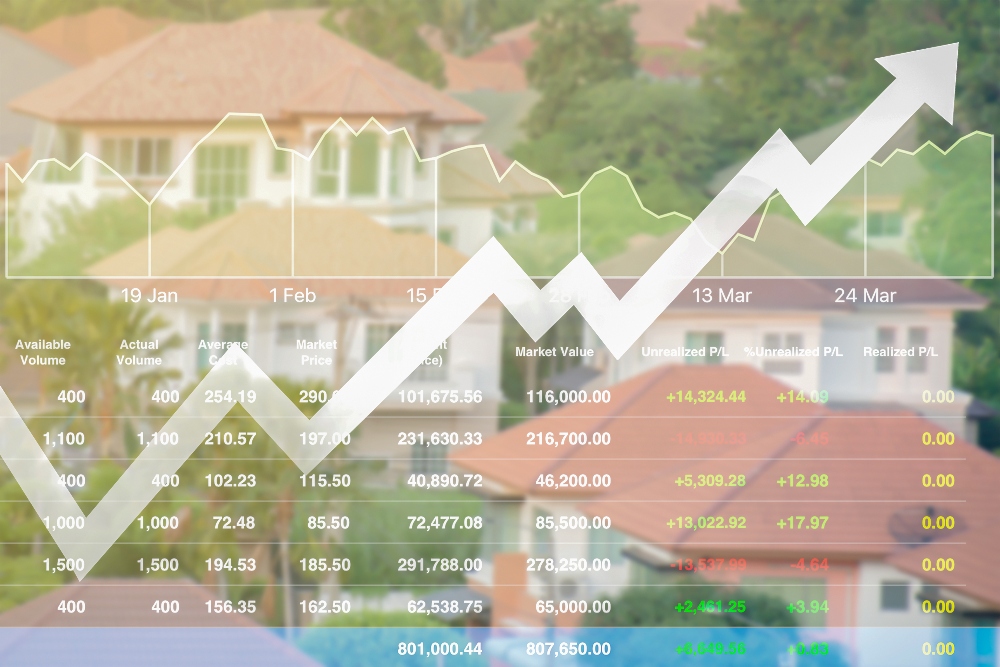Housing Data: Can You Be Data Driven and People Powered?
Douglas Silverstone, Head of Data, Metropolitan Thames Valley Housing Association discusses the importance of being data driven whilst also being people powered within the social housing sector.
Those of us that work in the data sector are well aware of how important data is and how much of a hot topic it is for every company. We’re equally aware that it is a relatively new discipline. Sure, data management has been around since the Domesday Book, but the things we can do with data have never been so advanced. Because of this, businesses struggle to know how to adapt to this new thinking, with data people grasping every opportunity to push data governance principles to the highest levels and to strive to make organisations data driven.
In this blog I make the case that we, as data people, need to make sure that our focus is in the right direction, and that we’re not just striving to be data driven for data’s sake, but be people powered instead.
I work in a truly inspiring organisation. Metropolitan Thames Valley (MTVH) are one of the biggest housing associations in the UK and manage nearly 60,000 properties. We house a diverse range of families and individuals, we help some of the most vulnerable in society but also provide shared ownership housing for first time buyers, and provide doctors accommodation for the NHS. As you can imagine we and other housing associations can and do collect an immense amount of information about all aspects of our properties and the people who live in them.
Being people powered is what we are all about, it defines us and it is for our people (tenants, staff and society) that we exist. This is why it’s important to consider what it really means to be people powered versus data driven when it comes to adapting your business to this new data age. What happens at MTVH when the data shows us that it is cost prohibitive to invest in an estate? What if the data shows that we can achieve more by building on the Green Belt? Or that if we reduce the quality of our housing we’ll be more successful? What if the data shows that building houses is not the right thing to do?
What makes any business different is what drives it. It is defined by its business objectives, strategy and vision. All that data can do is help empower the business to deliver its aims as effectively as possible. But it’s the role of the board and executive to ensure they know what that vision and strategy actually is.
So, if we don’t want to be just data driven what should we strive for?
I would argue that businesses need to be a mature data literate organisation. Those at all levels of the organisation should have the tools and ability to make the most from the data they collect, and they need to have the skills to interpret that data for the betterment of the business. If my executive are data literate then they instinctively use trusted data to make decisions quickly, they understand the implications of that decision, because we are able to provide them with good modelling when they need it. Being data literate means that our housing officers have accurate information when on-site, and are empowered to make the best decisions in real time. In both cases the driving is done by people, but they are given the right tools to do the job we expect of them.
We are a not-for-profit, and our aims are focused in much more social terms than some companies. However, I would argue that all businesses could benefit from being people powered and data literate. Take the classic case of Kodak, the market moved and they didn’t see it coming. Being data driven may have given them the insight to know what was coming, but being data literate would have given them the tools to know what they wanted to do about it.
Frankly, organisations and businesses who do not make use of their data will cease to exist. In an evolved world where all organisations do, it will no longer be a differentiator. Instead the difference will come from HOW organisations use their data, with the best of those being people powered decision makers.



